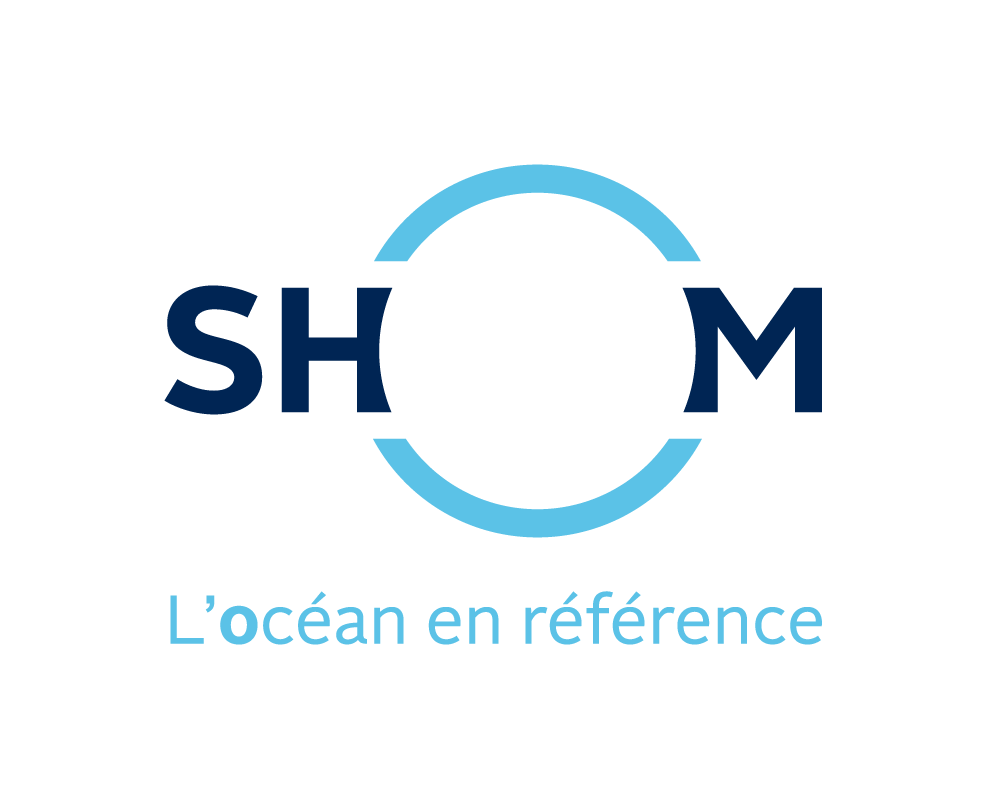LEGOS, Université de Toulouse, FranceCNAP, France
Type of resources
Topics
INSPIRE themes
Keywords
Contact for the resource
Provided by
Formats
Update frequencies
status
-
The gridded Sea Surface Salinity (SSS) data set covers the region between 120°E – 70°W and 30°N – 30°S in the Pacific Ocean. It is based on available data collected from 1950 to 2009 mostly from Voluntary Observing Ships, TAO/TRITON moorings and Argo profilers, with complementary hydrocasts, STD, and CTD data collected during research cruises, and subsequently validated. This monthly SSS product is gridded using an objective mapping at the spatial resolution 1° x 1°. It is distributed with its associated error fields. It is an update of the SSS product presented in Delcroix et al (2011).
-
The binned Sea Surface Salinity, Temperature and Density data set covers regularly sampled ship-of-opportunity lines. It is based on data collected from 1993 to 2018 from Voluntary Observing Ships subsequently validated. This monthly product is binned with monthly total values deviations and then deviations from climatology in each bin, with additional 1-2-1 time filter applied on the averages. Along B-AX01, some gaps were filled with additional data located one degree north or south of the grid boxes.
-
Sea Surface Salinity (SSS) is an essential climate variable that requires long term in situ observation. The French SSS Observation Service (SSS-OS) manages a network of Voluntary Observing Ships equipped with thermosalinographs (TSG) since 2002. The network is global though more concentrated in the tropical Pacific and North Atlantic oceanic basins. The acquisition system is autonomous with real time transmission and is regularly serviced at harbor calls. The high resolution data retrieved from the acquisition system during ship calls is processed through a dedicated software (freely available) for attribution of data quality flags by visual inspection, and correction of TSG time series by comparison with climatology, onboard daily water samples and collocated Argo data. Details can be found in the reference below. The validated delayed time data collected from TSG, together with some bucket samples mostly collected before 2002, are made available for educational and research purposes through an interactive web interface.
 Metadata catalogue
Metadata catalogue